-
ceo.bfi@gmail.com
Send Email
-
2C, C-6/A Block, Janakpuri, Delhi India 110058
Visit Our Office
99902-92279
Confidentiality Guaranteed
99902-92279
Confidentiality Guaranteed
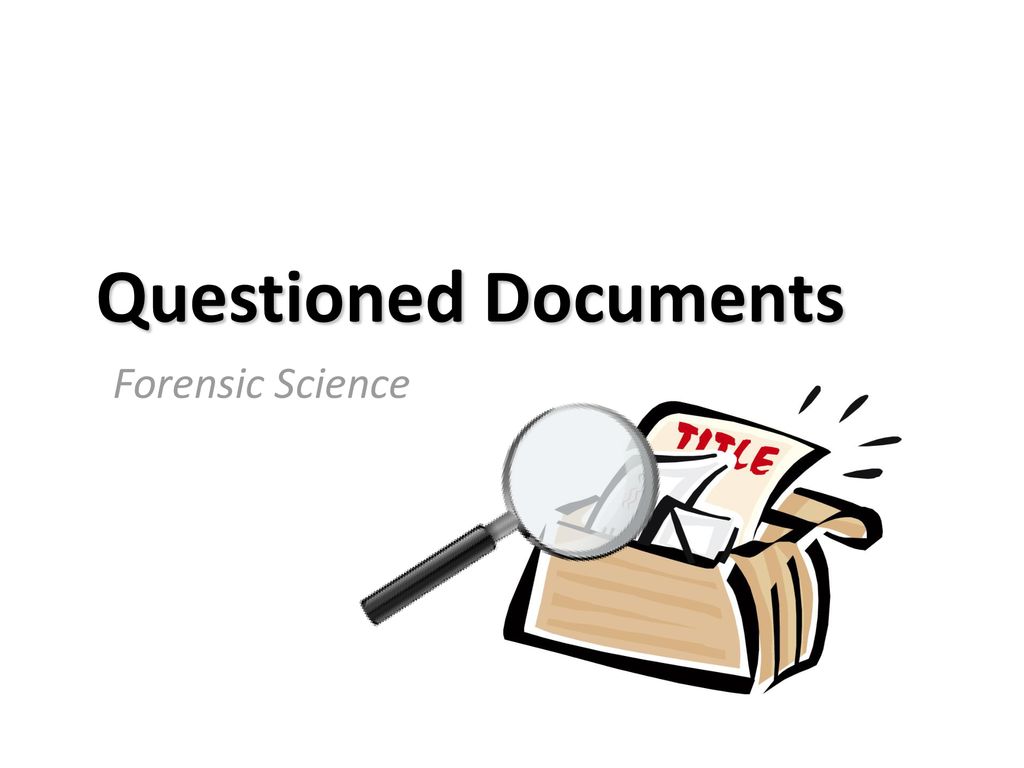
Apr
Questioned Document Examination
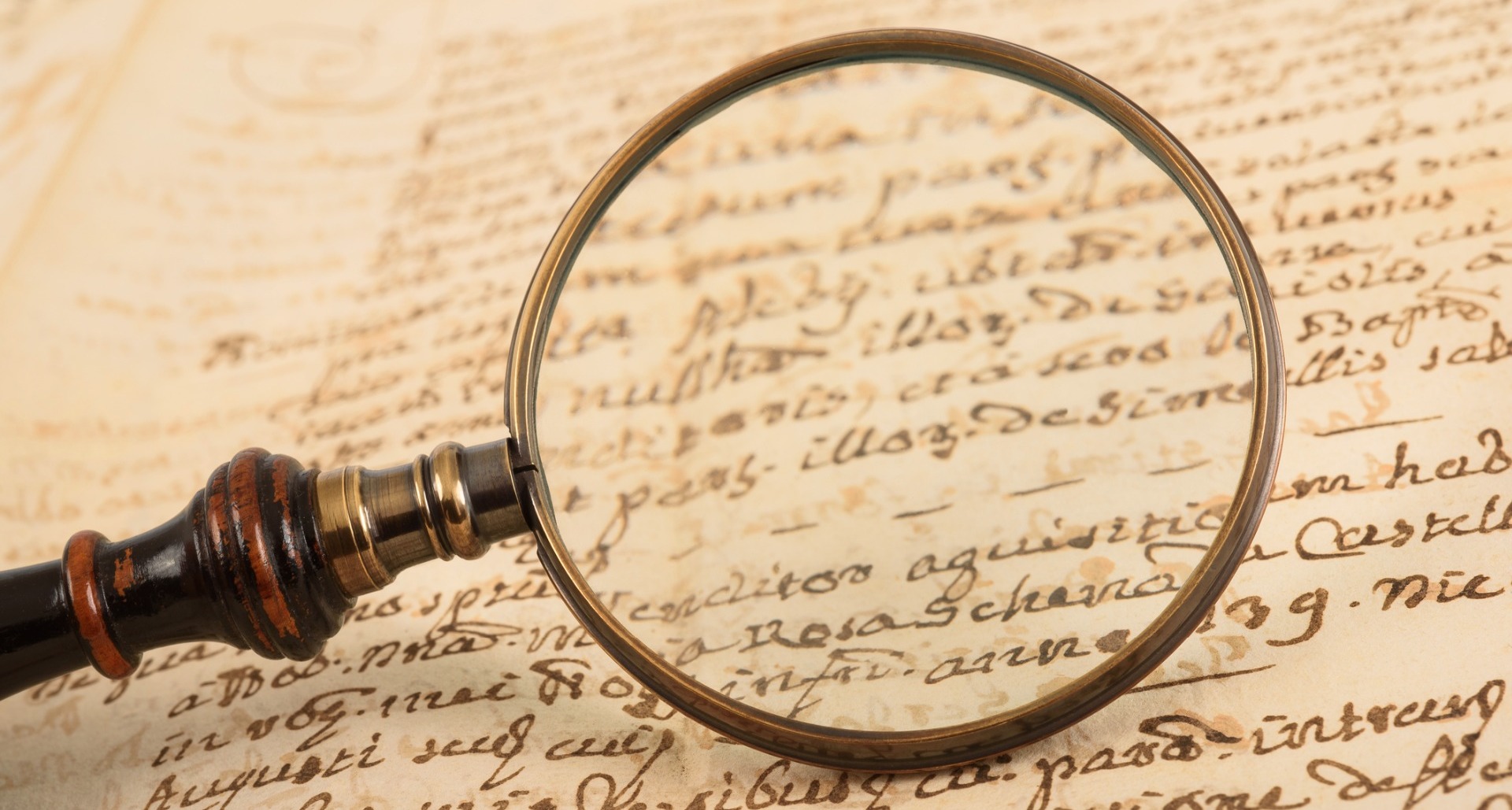
INTRODUCTION
Questioned Document Examination—often simply called QDE—is a scientific process used to analyze documents in which authenticity, authorship, or integrity is in doubt. From forged signatures to altered contracts, counterfeit currency, manipulated agreements, anonymous letters, and fraud-linked paperwork, questioned document experts play a crucial role in uncovering deception and supporting investigations and legal proceedings.
This field combines forensic science, handwriting analysis, and material testing to reveal hidden details that ordinary observation cannot detect. Whether in cases of white collar crime, financial fraud, insurance disputes, or criminal investigations, Questioned Document Examination helps expose the truth embedded in written evidence.
UNDERSTANDING QUESTIONED DOCUMENTS
Questioned documents encompass a wide range of materials, including handwritten letters, printed contracts, and altered checks. These documents come into question when their authenticity or authorship is disputed, making them a critical focus of forensic investigation. By examining various characteristics such as handwriting, ink, and paper, forensic document examiners can uncover valuable clues that shed light on the document’s origins and validity.
“Questioned documents come in many forms, each presenting its own set of challenges for forensic examiners. For example, when analyzing a disputed signature on a legal document, examiners meticulously compare the stroke patterns, letter formations, and overall style of the signature to known samples provided by the individual in question. Similarly, in cases involving altered documents, such as tampered checks or forged contracts, examiners use advanced techniques like ink analysis and magnification to detect signs of manipulation.”
What Types of Documents Are Examined?
In forensic science, the range of documents examined include:
Agreements, contracts, wills, deeds
Cheques, promissory notes, bank slips
Anonymous letters, threatening notes
Passports, ID cards, certificates
Business records and financial statements
Fraudulent invoices and medical prescriptions
Questioned signatures on legal documents
Altered or digitally manipulated documents
Any material containing writing, printing, or markings can be a questioned document.
What Does the Examination Involve?
The examination involves a structured, scientific process, which may include:
1. Handwriting and Signature Analysis
Experts compare the handwriting in question with known samples, focusing on characteristics such as: Line quality, Slant and spacing, Connecting strokes, Pen pressure, Pen lifting, Natural rhythm and fluency.
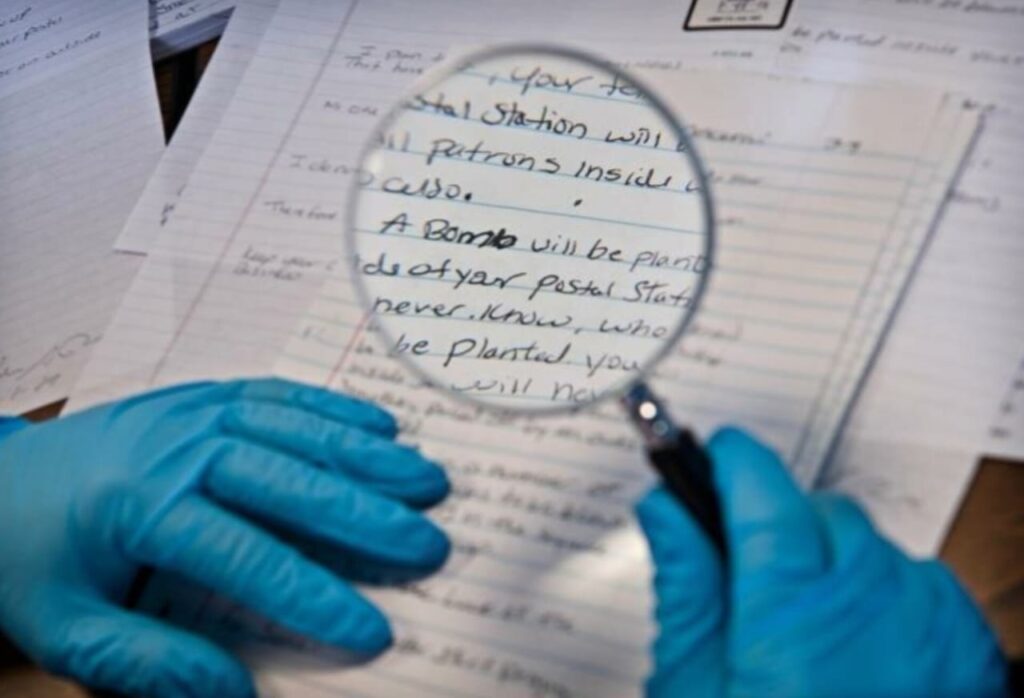
Whether the writing reflects natural writing or disguised forms
Special attention is given to questioned signatures, detecting forgery techniques like tracing, simulation, or freehand imitation.
2. Ink and Paper Analysis
Advanced tools help determine:
Ink composition, Writing sequences, Presence of different inks, Type of writing instrument used, Paper fiber composition, Watermarks and manufacturing traits, This helps detect alterations, additions, and backdating.
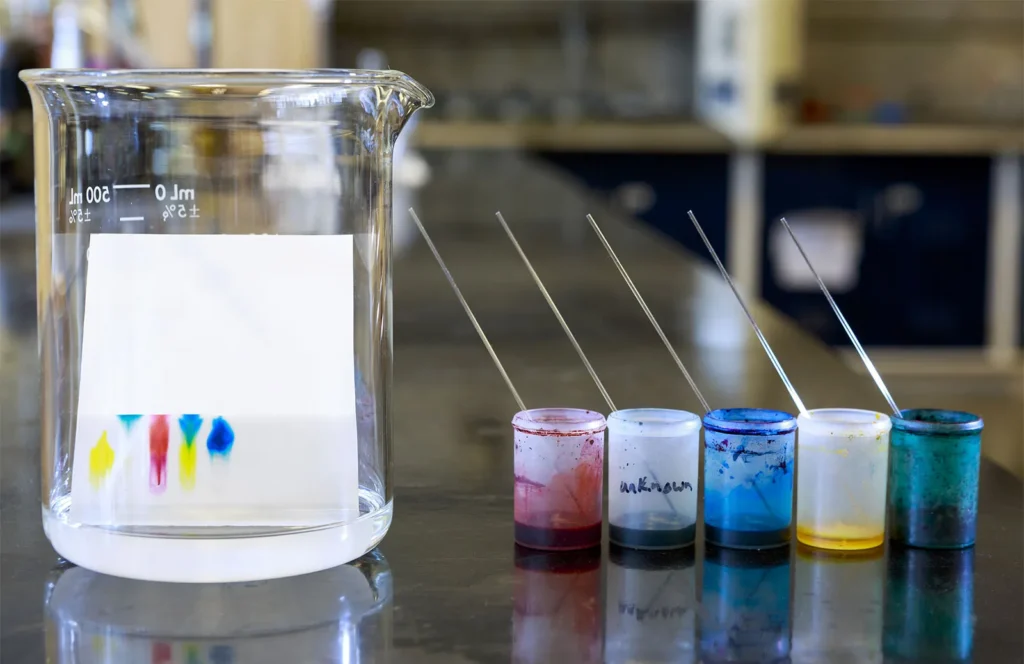
3. Printing Process Identification
Experts evaluate:
Laser, inkjet, or offset prints
Toner distribution
Machine marks
Serial number patterns
This is vital in counterfeit documents and fraud investigations.
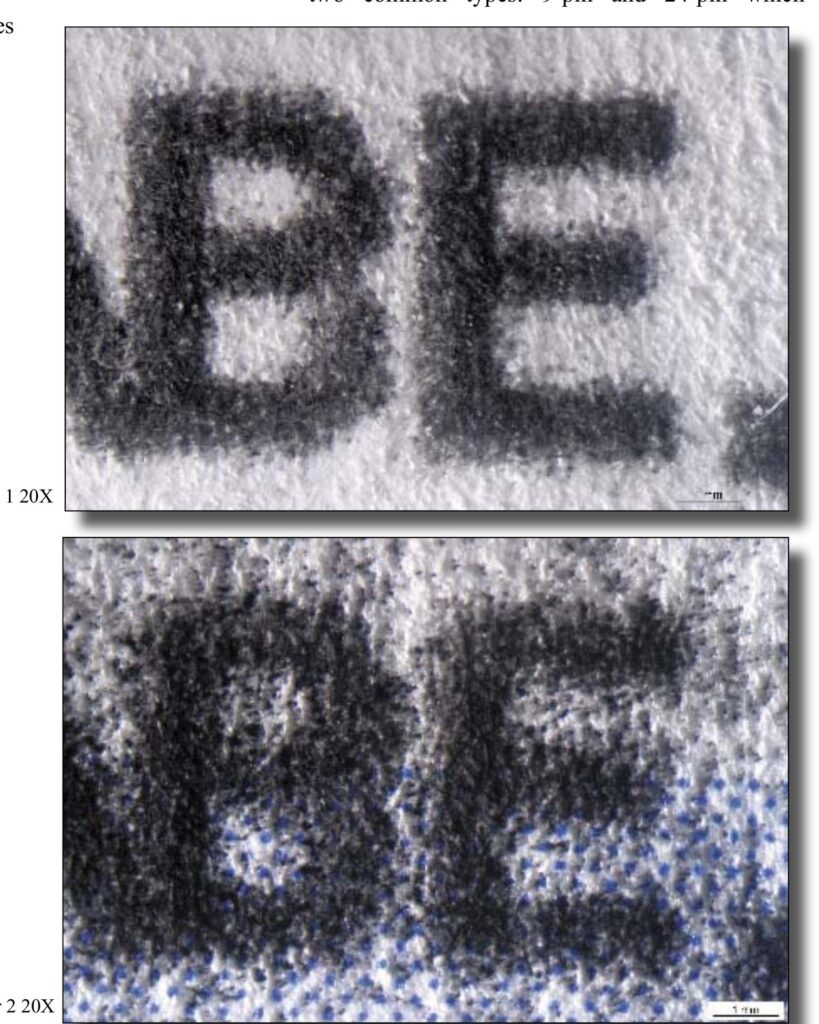
4. Detection of Alterations
Through specialized lighting and imaging techniques, experts uncover:
Erasures and overwriting, Chemical modifications, Indentations, Additions or deletions, Page substitutions
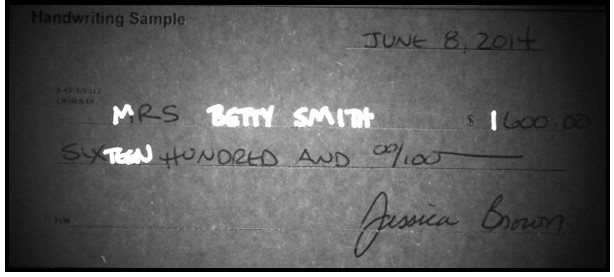
Forensic document examiners rely heavily on natural writing, which refers to habitual writing performed under normal conditions. Natural writing shows rhythm, fluency, and consistency—making it the most reliable source for comparison.
When questioned signatures are compared, examiners analyze:
Spontaneity
Stroke sequence
Speed and pressure
Pen lifting and connecting strokes
Artificial or forced writing often lacks natural variation and exposes the forgery.
Applications of Questioned Document Examination
QDE is essential in cases involving:
✔ White Collar Crime & Financial Fraud
Forgery of signatures, manipulated cheques, altered banking documents.
✔ Civil and Legal Disputes
Disputed wills, property agreements, and contract alterations.
Tampered invoices, fraudulent expenses, unauthorized approvals.
Anonymous letters, ransom notes, threatening messages.
✔ Digital and Hybrid Documents
Printed documents altered using software or scanned documents with added text.
Tools and Scientific Techniques Used
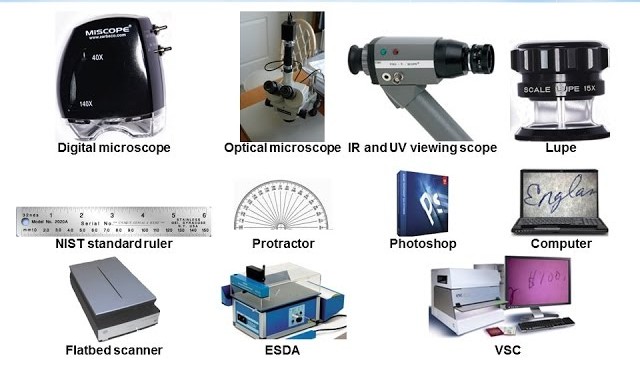
To perform a complete examination of documents, experts may use:
Stereomicroscopes
Electrostatic Detection Apparatus (ESDA)
Infrared and UV imaging
VSC (Video Spectral Comparator)
3D signature analysis tools
Chemical ink analysis kits
Digital comparison software
These tools enhance visibility and reveal hidden features invisible to the naked eye.
CONCLUSION
Questioned Document Examination is a powerful forensic discipline that blends art, science, and investigative insight. By examining handwriting, signatures, inks, papers, and document structures, experts uncover truths hidden beneath the surface of written material.
From fraud detection to verifying authenticity in civil disputes, QDE remains a crucial tool in supporting justice. Through detailed evaluations—guided by scientific principles, the American Society standards, and skilled analysis—questioned documents reveal critical information that no story, signature, or stroke can hide.
CALL TO ACTION

Interested in learning more about questioned document-examination? Join us today. If you require the services of a forensic document examiner, don’t hesitate to contact us for a consultation.




